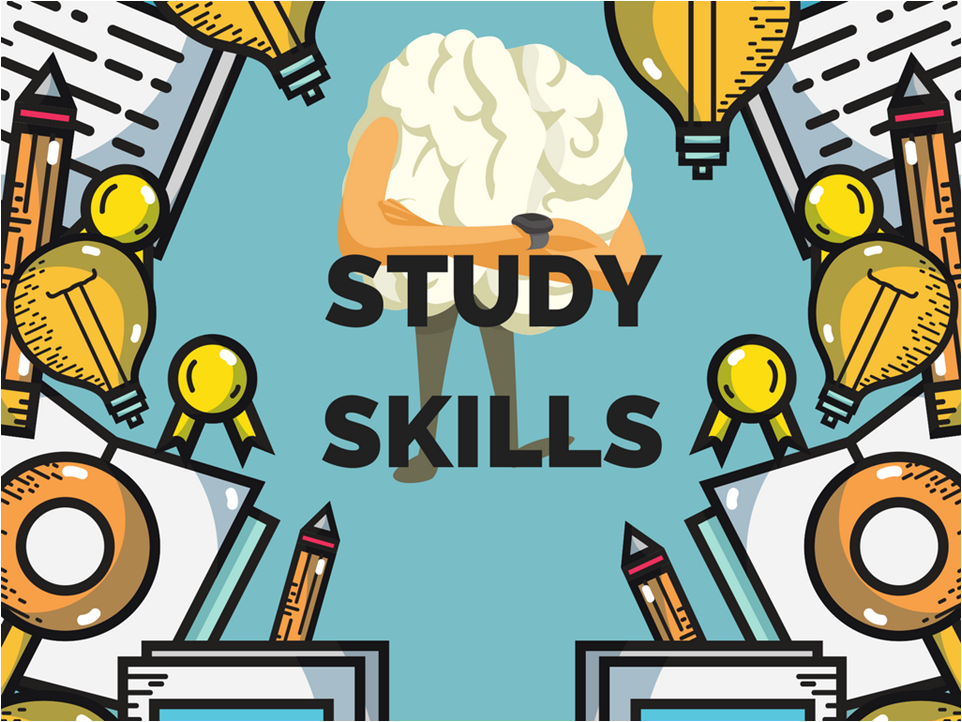Effective study skills are crucial for students aiming to enhance their knowledge retention and academic performance. In an age where information is abundant and easily accessible, the ability to retain and apply knowledge is more important than ever. This guide will explore various proven methods to strengthen student knowledge retention, focusing on strategies that promote active learning, cognitive engagement, and effective study habits. By employing these techniques, students can optimize their learning experiences and achieve better academic outcomes.
Understanding Knowledge Retention

Definition of Knowledge Retention
Knowledge retention refers to the ability to remember and retrieve information over time. It is a critical aspect of learning, as it determines how well students can apply what they have learned in different contexts. Effective knowledge retention involves not just memorization but also understanding and integrating new information with existing knowledge.
The Importance of Knowledge Retention
- Academic Success: Retaining information is essential for performing well on exams, completing assignments, and participating in discussions. A strong grasp of material allows students to build upon their knowledge and excel in their studies.
- Lifelong Learning: Knowledge retention is vital for lifelong learning and personal development. The ability to recall and apply information is crucial in both professional and everyday contexts.
- Critical Thinking: Retaining knowledge enables students to analyze, synthesize, and evaluate information critically. This skill is essential for problem-solving and decision-making in various fields.
Proven Methods to Enhance Knowledge Retention
1. Active Learning Techniques
it involves engaging students in the learning process through various methods that promote participation and critical thinking. Here are some effective active learning techniques:
a. Summarization
Encouraging students to summarize information in their own words helps reinforce understanding and retention. This technique can be applied through:
- Written Summaries: After reading a chapter or attending a lecture, students can write a brief summary of the key points.
- Oral Summaries: Students can explain concepts to peers, reinforcing their understanding and facilitating discussion.
b. Teaching Others
The “Feynman Technique,” named after physicist Richard Feynman, suggests that teaching a concept to someone else enhances understanding and retention. Students can:
- Study Groups: Form study groups where each member teaches a specific topic to the others.
- Peer Tutoring: Engage in peer tutoring sessions, explaining concepts to classmates who may struggle with the material.
c. Problem-Based Learning
Problem-based learning involves presenting students with real-world problems that require them to apply their knowledge. This method enhances retention by:
- Encouraging Critical Thinking: Students must analyze and synthesize information to find solutions.
- Promoting Collaboration: Working in groups fosters discussion and diverse perspectives, deepening understanding.
2. Spaced Repetition
Spaced repetition is a technique that involves reviewing material at increasing intervals over time. This method leverages the spacing effect, which suggests that information is better retained when learned over spaced-out sessions rather than crammed in a short period. To implement spaced repetition:
- Flashcards: Use digital flashcard apps like Anki or Quizlet that utilize spaced repetition algorithms to optimize review timing.
- Study Schedule: Create a study schedule that allocates time for reviewing material at regular intervals, gradually increasing the time between sessions.
3. Retrieval Practice
This involves actively recalling information from memory rather than passively reviewing it. This technique strengthens memory and enhances retention. Strategies include:
a. Practice Tests
Taking practice tests or quizzes helps reinforce learning and identify areas that need improvement. Benefits include:
- Immediate Feedback: Students can assess their understanding and adjust their study strategies accordingly.
- Enhanced Recall: The act of retrieving information strengthens neural connections and improves long-term retention.
b. Self-Quizzing
Encourage students to create their own quizzes based on the material they are studying. This method promotes active engagement and reinforces learning through recall.
4. Mnemonic Devices
Mnemonic devices are memory aids that help students remember information through associations. These techniques can enhance retention by creating memorable connections. Common types of mnemonics include:
a. Acronyms
Creating acronyms using the first letters of a series of words can aid in memorization. For example, “PEMDAS” helps students remember the order of operations in mathematics (Parentheses, Exponents, Multiplication, Division, Addition, Subtraction).
b. Visualization
Encouraging students to visualize concepts or create mental images can enhance memory retention. Techniques include:
- Mind Mapping: Creating visual diagrams that connect ideas and concepts helps students see relationships and organize information.
- Storytelling: Turning information into a narrative can make it more memorable and engaging.
5. Effective Note-Taking Strategies
Taking effective notes is crucial for enhancing knowledge retention. Here are some strategies that can improve note-taking:
a. The Cornell Method
TCM nvolves dividing the page into three sections: cues, notes, and summary. This method encourages active engagement and organization of information. Steps include:
- Notes: Write detailed notes during lectures or readings in the main section.
- Cues: Create questions or keywords in the left-hand column to prompt recall.
- Summary: Write a brief summary of the material at the bottom of the page to reinforce understanding.
b. Outlining
Creating an outline helps organize information hierarchically, making it easier to follow and review. Students can use bullet points or numbering to structure their notes logically.
6. Creating a Conducive Study Environment
A conducive study environment plays a significant role in enhancing focus and retention. Here are some tips for creating an effective study space:
a. Minimize Distractions
Encourage students to eliminate distractions in their study environment, such as turning off notifications on devices and finding a quiet space to work.
b. Organize Study Materials
Keeping study materials organized helps students access information quickly and reduces stress. Use folders, binders, or digital tools to keep notes and resources in order.
c. Establish a Routine
Creating a consistent study routine helps reinforce habits and signals to the brain that it is time to focus. Encourage students to set specific times for studying and stick to them.
7. Utilizing Technology
Technology can enhance knowledge retention through various tools and resources. Some effective technological aids include:
a. Educational Apps
There are numerous educational apps available that support learning and retention, such as:
- Quizlet: A flashcard app that allows students to create and study flashcards with spaced repetition features.
- Khan Academy: An online platform offering instructional videos and practice exercises across various subjects.
b. Online Resources
Encourage students to explore online resources, such as educational websites, podcasts, and video lectures, to reinforce learning and gain different perspectives on the material.
Conclusion
Strengthening knowledge retention is essential for academic success and lifelong learning. By employing proven study skills and techniques, students can enhance their ability to remember and apply information effectively. Active learning, spaced repetition, retrieval practice, mnemonic devices, effective note-taking, a conducive study environment, and the use of technology all play crucial roles in optimizing retention.
As students adopt these methods, they will not only improve their academic performance but also develop essential skills for critical thinking and problem-solving. Ultimately, fostering effective study habits will empower students to navigate their educational journeys with confidence and competence, preparing them for future challenges in their academic and professional lives. By prioritizing knowledge retention, students can cultivate a deeper understanding of the material and become lifelong learners, equipped to thrive in an ever-changing world.
Read Also About Subject mastery refers to the thorough understanding and command of a particular academic area or discipline.

